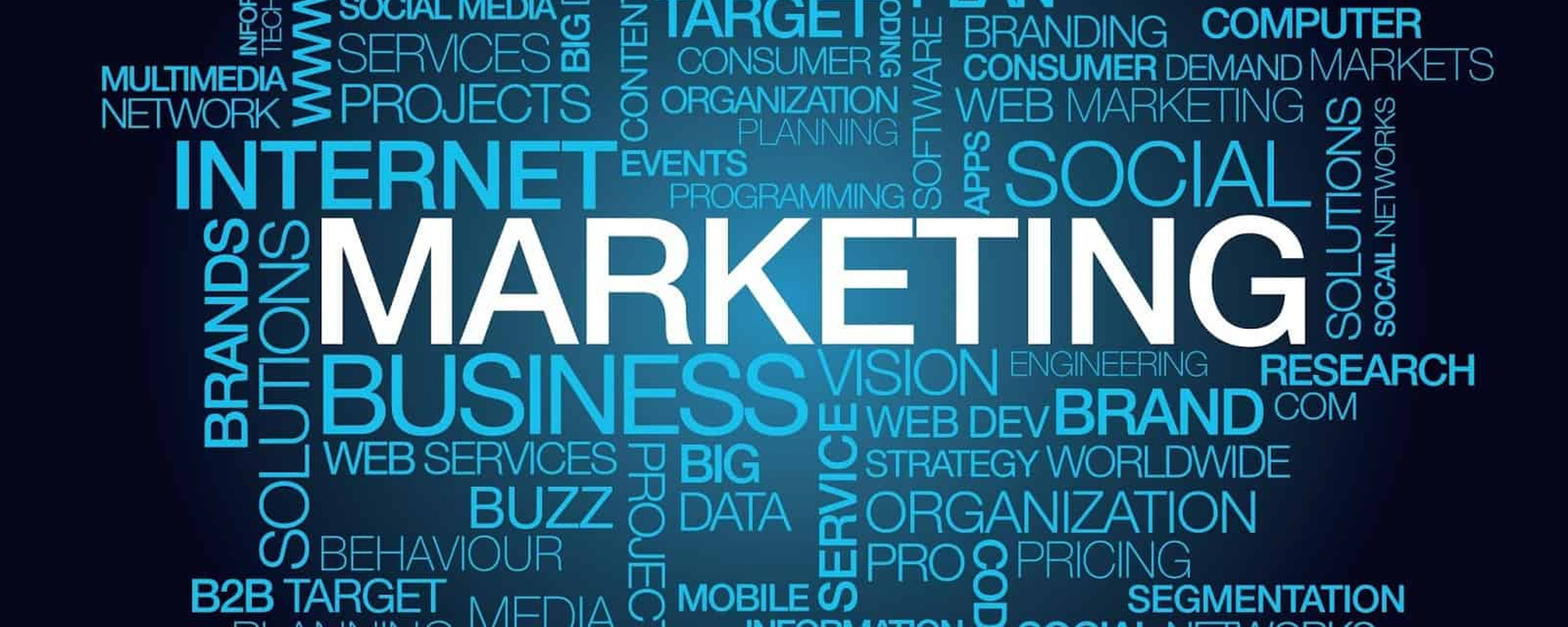The Role of Marketing in Recruitment

Intro
Marketing can be beneficial for a company during the recruitment of new employees. When coordinated with human resources, marketing methods can bring multiple advantages to the hiring process, such as increased flexibility, optimization, improved company reputation, and even more accurate hiring. How exactly it can happen — discover in this article.
How Marketing Benefits Recruitment Process
Recruitment marketing helps advertise the company and helps create productive relationships with professionals in the job market who could become potential candidates. It is defined as a marketing strategy applied in a company’s hiring and personnel selection process, which contributes to increasing its attractiveness and arousing candidates’ interest in joining the organization and applying for job vacancies.
It also aims to increase business awareness, strengthen the company as an employer brand in the market, and create strong, productive, and healthy relationships between the candidate and the company during the hiring process.
Recruitment Marketing VS Employer Branding: The Difference
Employer branding encompasses the entire strategy aimed at enhancing an organization’s reputation as a potential employer. It spans various aspects, from recruitment to nurturing an employee’s journey within the company. The primary objective is to elevate the work experience while emphasizing the company’s standing in the market.
On the other hand, recruitment marketing is a specialized subset of employer branding. It focuses solely on the recruitment and selection phase, aiming to streamline and enhance the process. Its main goal is to attract top talent to the organization swiftly and efficiently.
Initiatives like hosting events to draw potential candidates and rolling out informational campaigns are examples of recruitment marketing tactics, all of which fall under the broader umbrella of employer branding.
Advantages of Recruitment Marketing
There are numerous advantages for companies that offer effective recruitment marketing. It can, for example, increase brand awareness in the job market in addition to other benefits listed below:
Increased candidate reach
The key mission of recruitment marketing is to boost awareness. Specifically, it aims to enhance candidates’ knowledge and understanding of the company, enticing them to consider employment opportunities there. The more candidates express interest in the company, the greater the likelihood of discovering exceptional talents among them.
Furthermore, a robust recruitment marketing strategy can highlight the company’s unique attributes and values. This not only attracts candidates who resonate with those principles but also increases the probability of achieving a strong cultural fit with new hires.
Better company recognition
Company recognition can also improve through recruitment marketing efforts. A good strategy can make the company stand out at events geared towards candidates, and appear in job searches on specialized websites or other talent acquisition advertisements.
More quality candidates
The more candidates express interest in the company, the greater the likelihood of finding exceptional talents among them. Additionally, a well-executed recruitment marketing strategy can highlight the company’s unique attributes and values. This not only attracts candidates who resonate with those principles but also enhances the probability of securing a strong cultural fit with new hires
Improved effectiveness of the hiring process
The recruitment marketing process becomes more effective when all its stages – attraction, conversion, and finalization of hiring – are optimized. When marketing strategies are employed correctly, they draw in candidates who best align with what the company seeks. Additionally, various marketing tools can further streamline these processes. Examples include sponsored advertising, contact management, and databases for potential clients.
Increased employee retention
Recruitment marketing seeks to maximize the alignment of the company’s needs, profile, and values with the potential candidate’s needs. Thus, by attracting the right candidate, the chances of them staying in the company will be much higher. In this regard, it is essential to ensure that the recruitment marketing reflects the truth about the company. The potential employee should have an experience equal to what was sold during the hiring process to feel satisfied.
Stages of Recruitment Marketing
For effective recruitment marketing, it’s crucial to be proactive at every stage of the process. This ensures that the company leaves a positive impression on all its interactions.
Candidate Attraction
Recruitment marketing has profoundly transformed the candidate attraction stage. It emphasizes a consistent employer brand across all channels, ensuring a uniform message about the company’s values and culture. Leveraging digital platforms, from social media to job boards, it allows for targeted messaging tailored to specific demographics, skills, or interests. This strategic approach not only broadens the reach to potential candidates but also ensures that companies attract individuals who are a better fit for their organizational needs and culture.
Conversion
After attracting candidates, it is necessary to use tactics that make the candidate feel like they are a contender for the job. Here, the strategy of the middle funnel, borrowed from marketing, is effective. You need to demonstrate the advantages and all the privileges that those who work in the company have.
Building relationships with potential candidates through emails and other content can be a good way to increase loyalty and lead to conversion.
Follow-up
After candidates complete the application process, it’s essential to maintain active and healthy relationships with them. Using marketing tools like in-app conversations or email marketing to provide updates on the application status enhances the candidate experience, subsequently bolstering the company’s reputation.
Promoter Generation
After hiring, recruitment and relationship marketing work should continue. At this stage, ensure that the employee experiences everything promised to them as a candidate. When an employee encounters a reality they enjoy, they try to repeat the company’s ideals and tell everyone around them that this is truly a good place to work. “Pride of belonging” contributes to good marketing work through brand ambassadors, also known as promoters.
The Role of HR in Recruitment Marketing
The HR department is pivotal in recruitment marketing, overseeing all its objectives. This department must clarify its goals, the candidate profiles they aim to attract, the frequency of hiring needs, and the underlying assumptions about people management.
It’s essential for HR to furnish all pertinent information, monitor metrics, and track KPIs that measure work efficiency quantitatively. Moreover, the HR team should consistently support the group executing the recruitment marketing plan.
Thus, recruitment marketing should be approached collaboratively, with the communications, marketing, and HR teams working in unison. The HR team remains integral to every process, ensuring optimal outcomes.





